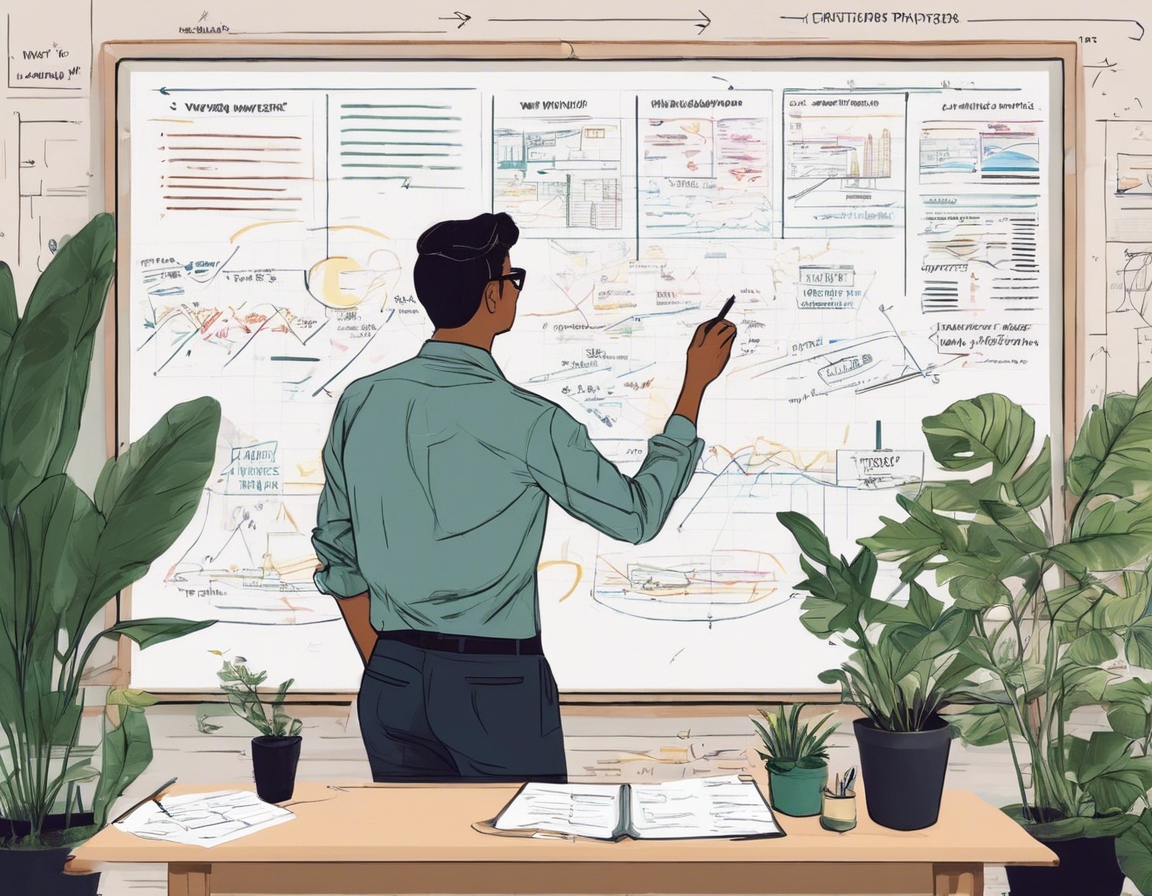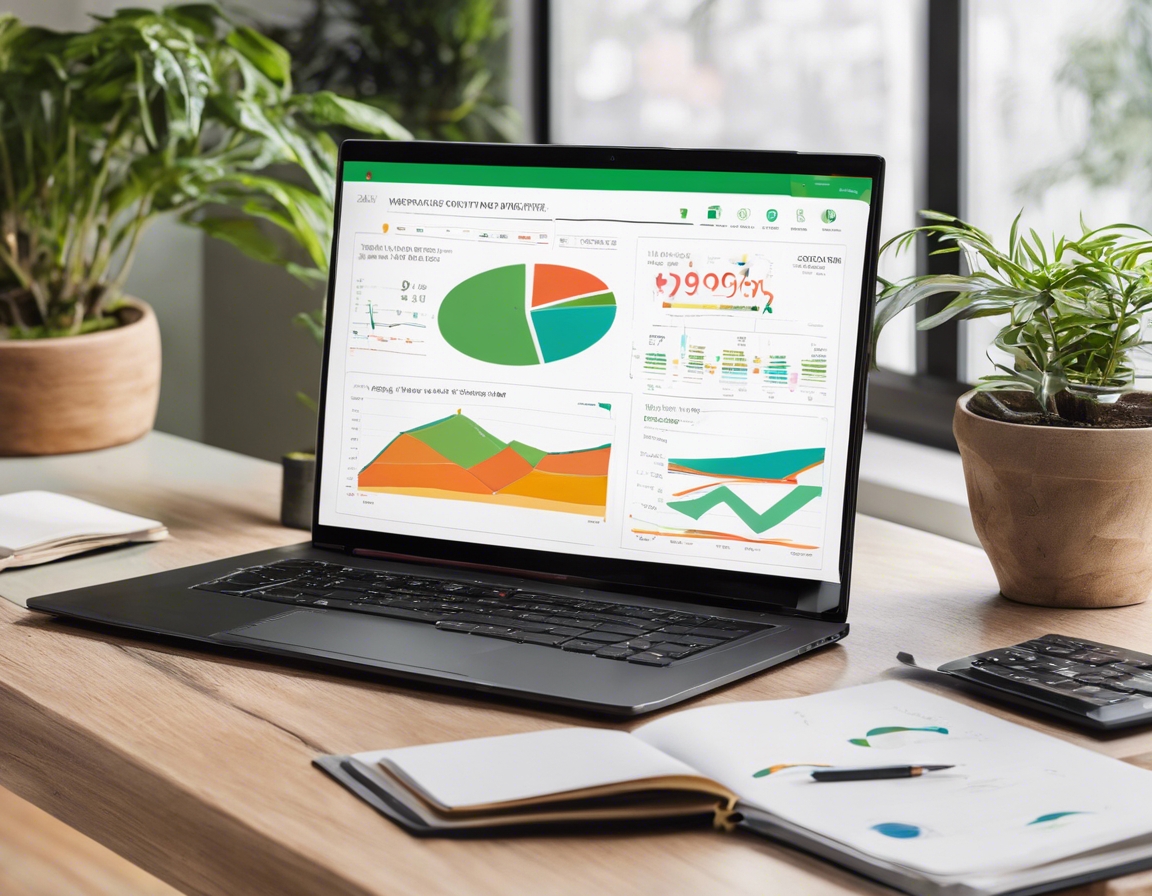Sustainability: the future of horeca
The HoReCa (Hotel, Restaurant, and Café) industry is at a pivotal moment where sustainability is no longer just a trend but a necessity. As environmental concerns continue to rise, businesses in the HoReCa sector are increasingly recognizing the importance of adopting sustainable practices to ensure long-term success and resilience. This shift is driven by both consumer demand and the need to reduce operational costs while minimizing environmental impact.
2. The Importance of Sustainability in the HoReCa Industry
Sustainability in the HoReCa industry is crucial for several reasons. Firstly, it addresses the growing consumer demand for environmentally responsible businesses. Customers are more inclined to support establishments that demonstrate a commitment to sustainability. Secondly, sustainable practices can lead to significant cost savings, particularly in areas such as energy consumption and waste management. Lastly, sustainability is essential for regulatory compliance as governments worldwide are implementing stricter environmental regulations.
3. Key Areas of Focus for Sustainable Practices
Energy efficiency is a cornerstone of sustainability in the HoReCa industry. By investing in energy-efficient appliances, optimizing heating and cooling systems, and utilizing smart energy management systems, businesses can significantly reduce their energy consumption. This not only lowers operational costs but also reduces the carbon footprint of the establishment.
Effective waste management is another critical aspect of sustainability. HoReCa businesses can implement recycling programs, composting initiatives, and strategies to minimize food waste. By reducing the amount of waste sent to landfills, businesses can lower disposal costs and contribute to a healthier environment.
Sourcing ingredients and materials sustainably is vital for reducing the environmental impact of HoReCa operations. This includes purchasing locally produced and organic foods, using eco-friendly packaging, and partnering with suppliers who adhere to sustainable practices. Sustainable sourcing not only supports local economies but also ensures the quality and freshness of products.
Water conservation is an often-overlooked aspect of sustainability in the HoReCa industry. Implementing water-saving technologies, such as low-flow faucets and efficient dishwashing systems, can significantly reduce water usage. Additionally, regular maintenance of plumbing systems can prevent leaks and further conserve water resources.
4. Benefits of Implementing Sustainable Practices
One of the most immediate benefits of adopting sustainable practices is cost reduction. Energy-efficient appliances, waste reduction strategies, and water conservation measures can lead to substantial savings on utility bills and operational expenses.
In a competitive market, sustainability can serve as a powerful differentiator. By positioning themselves as environmentally responsible, HoReCa businesses can attract a growing segment of eco-conscious consumers and stand out from competitors.
Customers are more likely to remain loyal to businesses that align with their values. By demonstrating a commitment to sustainability, HoReCa establishments can build stronger relationships with their clientele, leading to increased customer retention and positive word-of-mouth marketing.
5. Challenges and Solutions in Adopting Sustainability
One of the primary challenges in adopting sustainable practices is the initial investment required. However, businesses can overcome this hurdle by taking advantage of government incentives, grants, and financing options designed to support sustainability initiatives.
Implementing sustainable practices requires the active participation of all staff members. Providing training and fostering a culture of sustainability within the organization can ensure that employees are engaged and committed to the company's sustainability goals.
To effectively implement and improve sustainable practices, businesses must measure and report their sustainability efforts. This involves setting clear goals, tracking progress, and communicating achievements to stakeholders. Utilizing sustainability reporting tools and frameworks can streamline this process and provide valuable insights for continuous improvement.






Comments (0)